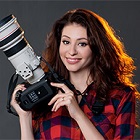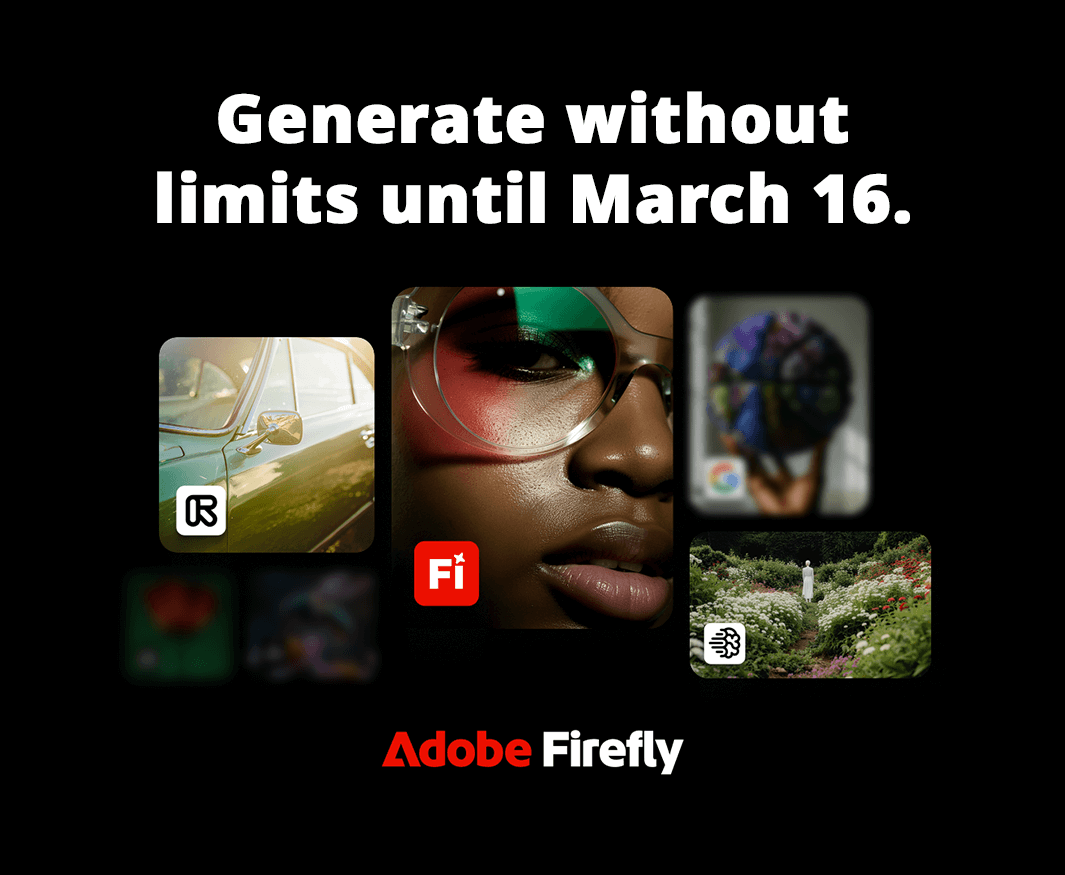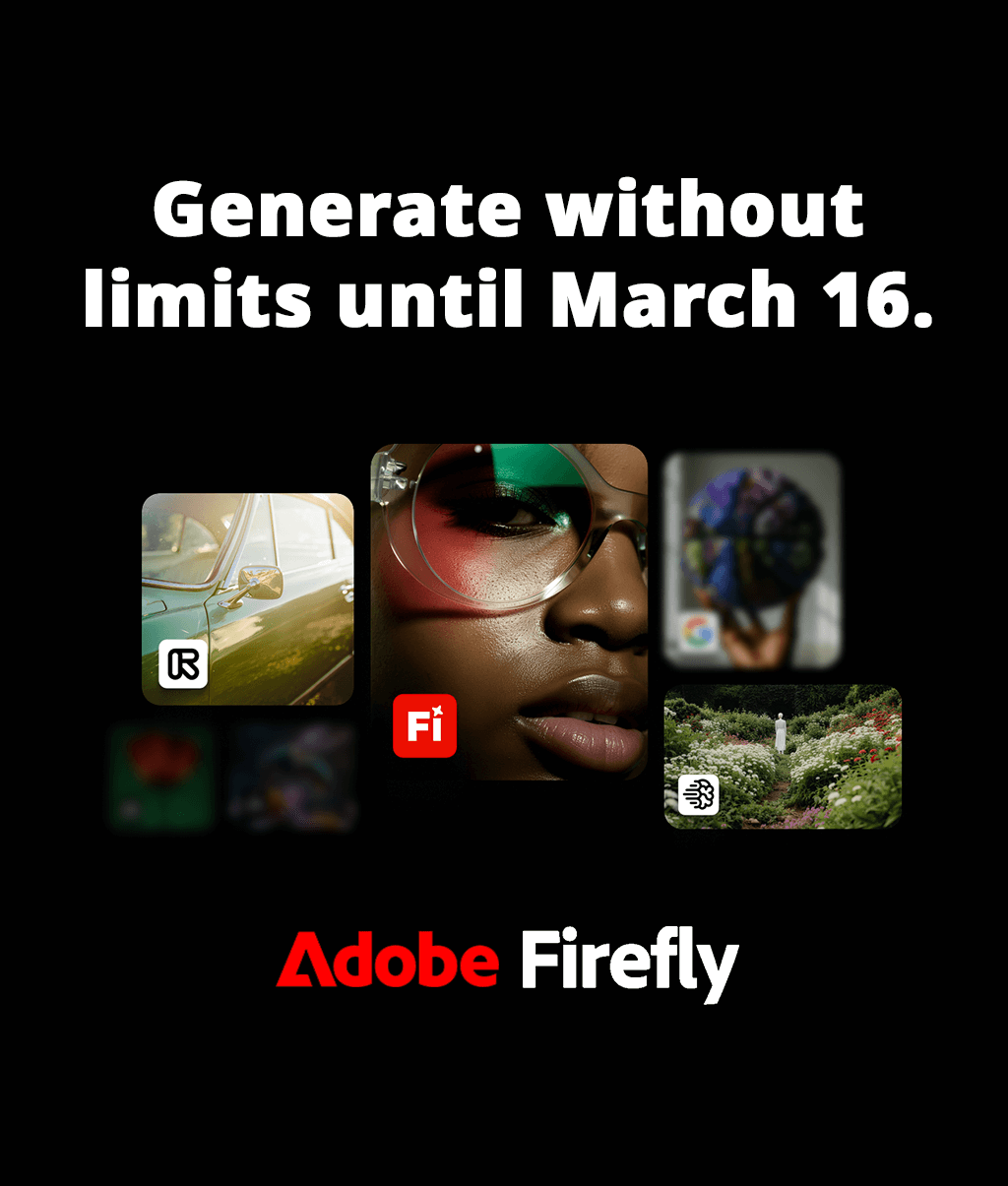Best Sony Lenses

Are you a lucky owner of a Sony camera and want to buy the best Sony lenses that professional shooters use for work? If you are lost in the wide range of photo equipment, you absolutely need this guide. I have prepared the list of top 12 Sony lenses suitable for any taste and budget.
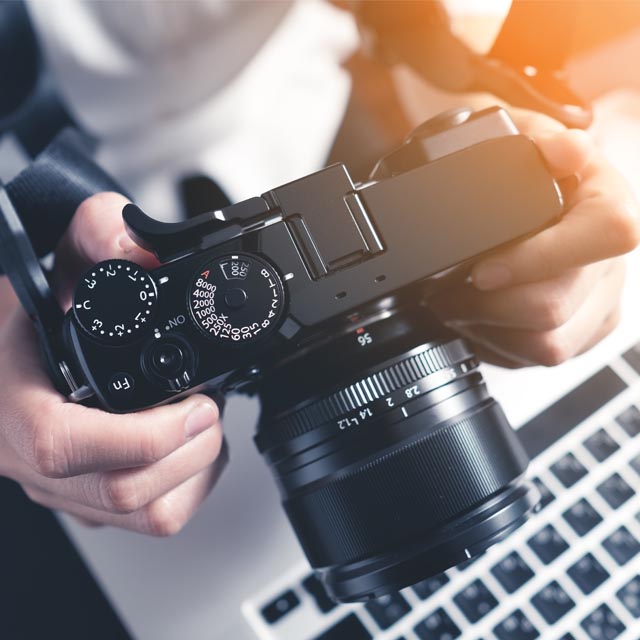
How to Choose Sony Lenses?
Even with a list of the best Sony lenses, you may still not know what exactly you need. In my opinion, there are 3 main questions you need to answer when choosing a Sony lens.
What Company Makes the Best Lenses for Sony Cameras?
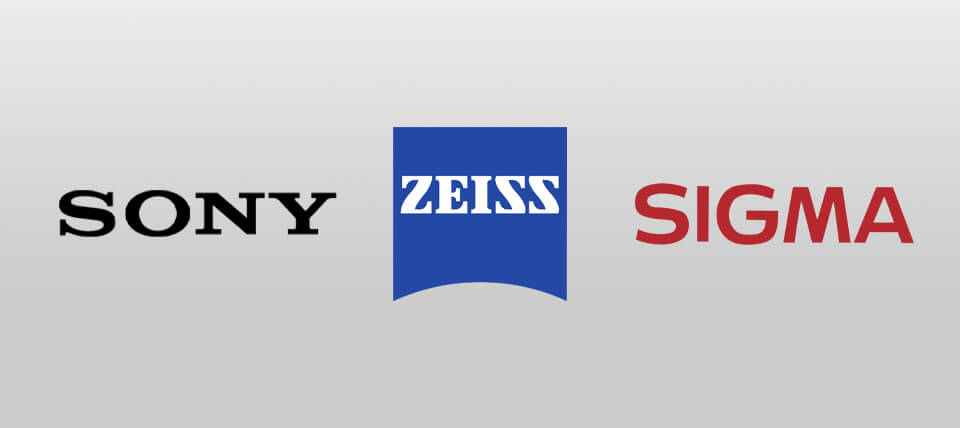
1. Sony
Native lenses always offer the optimal price-to-quality ratio. You have to remember that they include beginner-level lenses, which don’t cost a lot, are of decent quality and fairly reliable, but they won’t give you the perfect picture and sharpness. There best E-Mount lenses are more expensive, have premium-quality lenses, stabilizers, and other features.
2. Carl Zeiss
Carl Zeiss is the world’s leading optics manufacturer that has also ventured into the mirror camera market. Carl Zeiss lens series isn’t as wide as those of other manufacturers, but each lens is of supreme quality. These are incredibly high-speed lenses with terrific sharpness. I’d also like to bring your attention to their maximum apertures, setting these values gives you incredible creative freedom.
3. Sigma
This third-party manufacturer makes lenses for all popular camera brands, and stands out thanks to its good build quality and produced image. I should also mention the Art series, which while expensive, will pleasantly surprise professionals who value amazing picture quality.
What Is Your Preferred Focal Length?
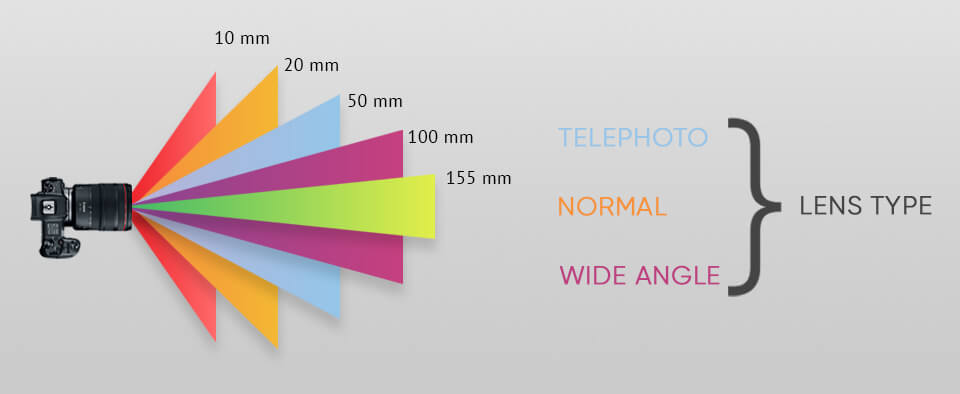
Depending on the focal length, lenses can be loosely divided into several types:
Wide-angle – focal length of 28mm and lower. They provide the largest view angle, capturing the most space in the frame. Such best Sony lenses are used for landscape, architecture, and interior photography.
Standard – focal length is in the 35-85mm range, they’re the most widespread and universal lenses. Such models allow you to shoot portraits since they produce minimal distortions due to their focal length.
Telephoto – focal length is in the 100-300mm range, they allow you to use zoom for significantly closing in on the subject. These lenses are suitable for journalistic, sports, and wildlife photography.
Super telephoto – focal length above 300 mm, very expensive E-Mount zoom lenses that provide the best close-up functionality. They are typically very large and heavy. Such models are mostly used for wildlife and sports shoots.
Macro lenses – focal length of about 50-200mm, they’re used for taking close-up photos for maximum detail. Unlike telephoto models, macro lenses have minimal focal lengths. This means that you can’t use a regular telephoto lens to take a close-up picture of a bug since the camera won’t be able to focus on it.
Fixed or Zoom?
Fixed lenses – lenses with a fixed focal length. To change the distance to the subject, you have to physically move the camera. Because of the lack of movable parts, an E-Mount prime lens often gives a clearer image, is lightweight and small. As a rule, such models are used for portrait and macro photography.
Zoom lenses – have a specified range of focal lengths. Meaning, they allow you to change the view angle without having to move around physically. The wider the focal length range, the more universal the lens in practice. They are heavier and larger than regular fixed models.
The best Sony lenses are capable of providing the same image quality as primes, however, they do cost a lot more.
What Is the Best Sony Lens?
Today, Sony Company offers more than 70 branded lenses, not counting dozens of models produced by other manufacturers.
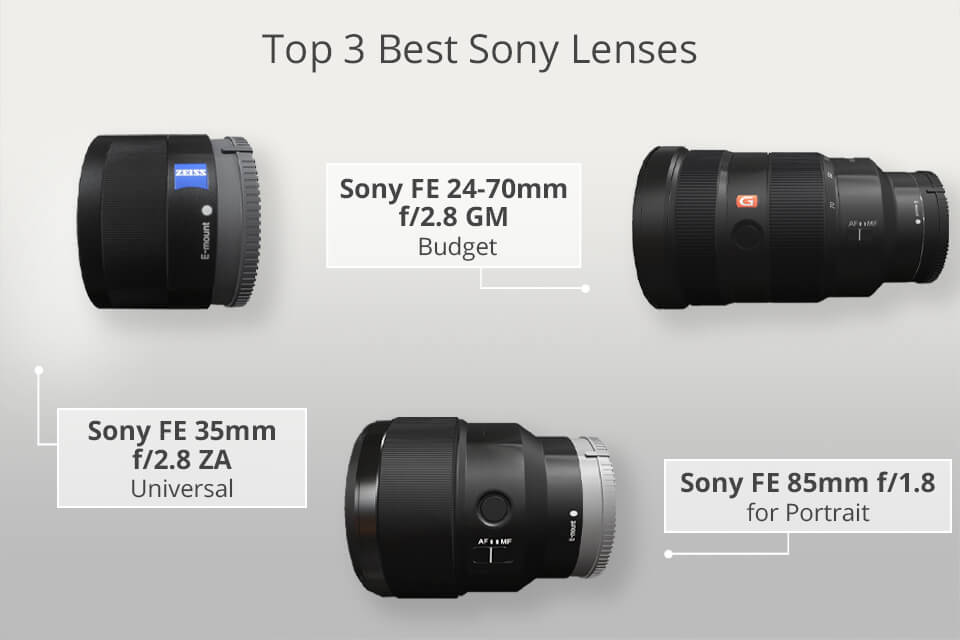
If you are searching for the optics, first of all, consider your shooting style. For example, studio photographers prefer Sony FE 24-70mm f/2.8 GM, while portrait ones choose Sony FE 85mm f/1.8 or Sony FE 90mm f/2.8 Macro G OSS. In case you are looking for something universal ‒ take Sony FE 70-200mm f/4 G OSS.
Best Sony Lenses in 2026
I have examined 10 different lenses suitable for shooters with various budgets. You will definitely find this info useful before buying.
1. Sony FE 85mm f/1.8
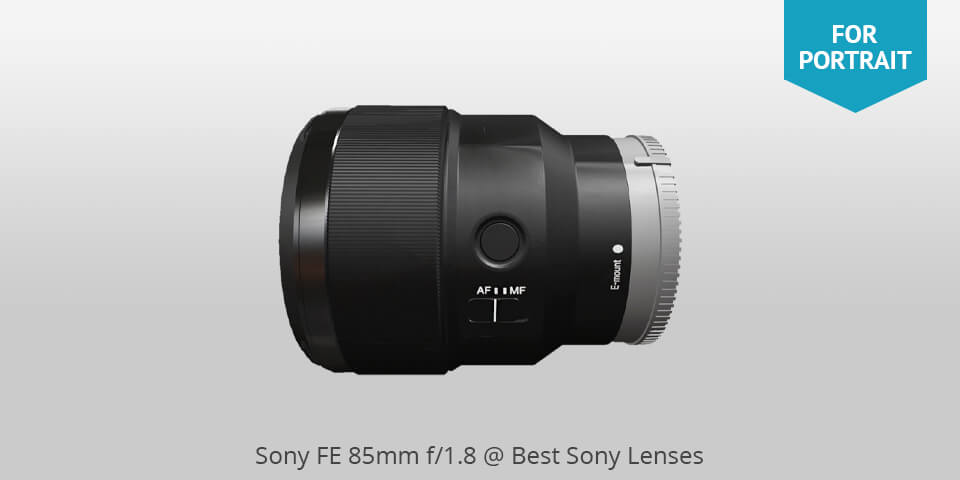
Speaking about portrait optics, it is the best Sony lens in terms of price/quality ratio. It is a decent tele-lens with a high focal ratio, small depth of field, smooth picture, and beautiful bokeh. The 85mm focus distance provides the view angle which helps depict face features without distortions.
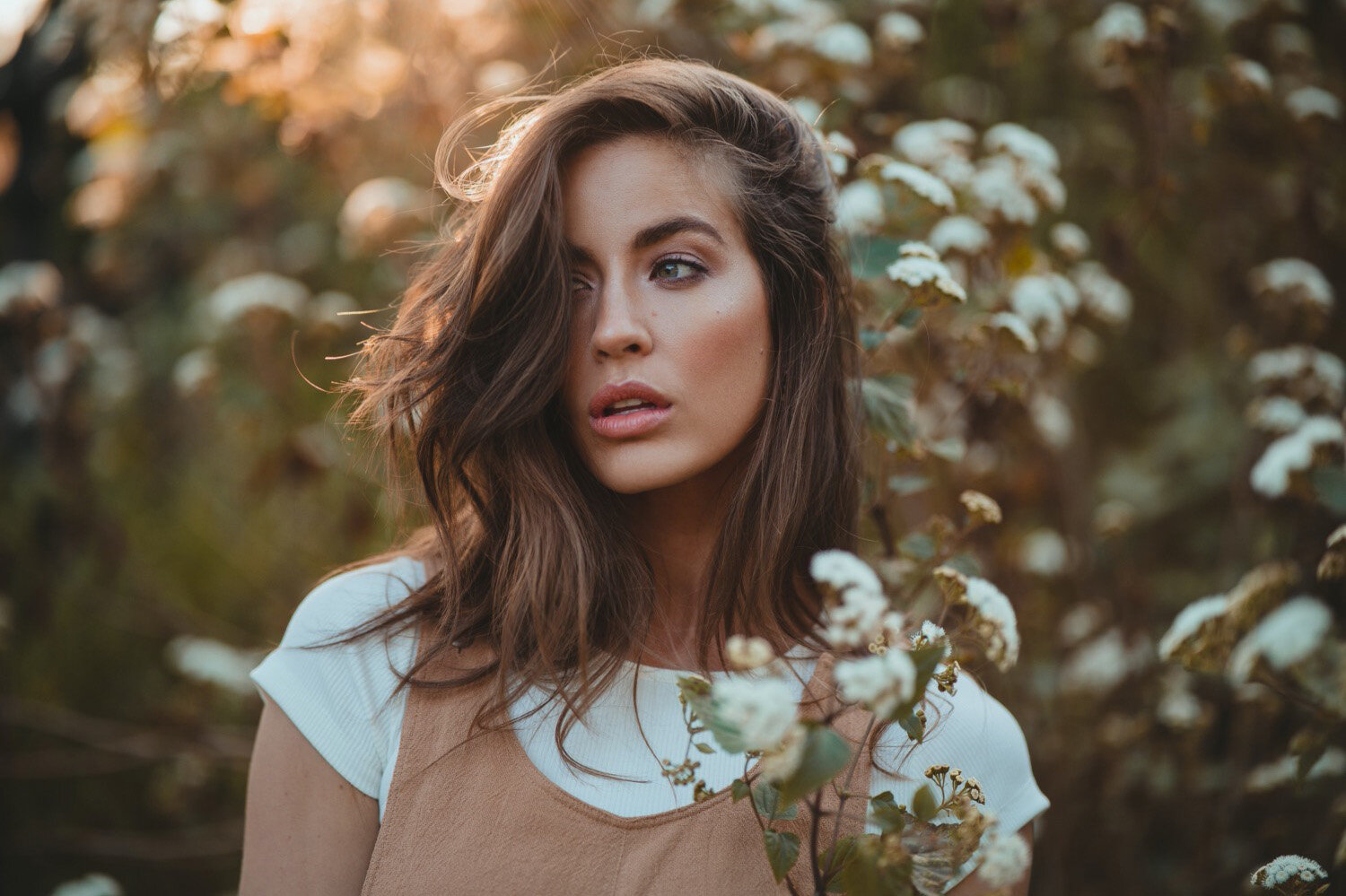 Photo by Sony FE 85mm f/1.8
Photo by Sony FE 85mm f/1.8
In terms of portrait photography, the focal ratio of f/1.8 is not the best one since there is an f/1.4 model. However, it is a perfect Sony lens for that kind of money. A 9-wing rounded aperture provides beautiful bokeh. For convenient focusing, there is a wide sensitive ring and a button that controls autofocus, for example, by eyes.
- Check out the best Sony cameras.
2. Sony FE 90mm f/2.8 Macro G OSS
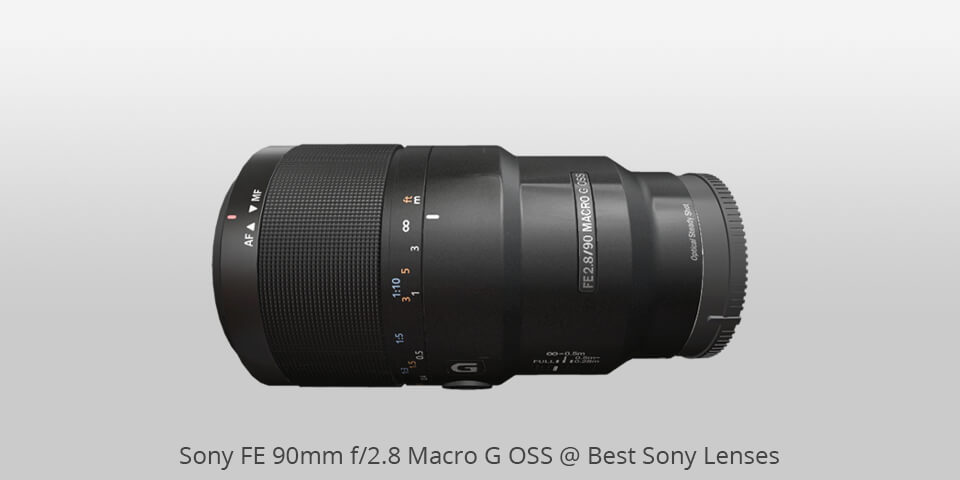
The manufacturer claims that a lens equipped with an optical stabilizer and ultrasound drive of autofocus is perfect for macro and portrait shooting. The optics have an autofocus fixation button and a movable focus ring which allows fast switching from auto to manual focusing.
 Photo by Sony FE 90mm f/2.8 Macro G OSS
Photo by Sony FE 90mm f/2.8 Macro G OSS
The optics focus from the distance of 28cm providing a 1:1 magnification ratio. The autofocus system has three ranges of focal distance adjusted by the switch. Such design excludes the possibility of searching for sharpness where it is definitely not present, in such a way, speeding up the autofocus. In portraits, SEL90M28G smoothly processes all skin details.
- Read more about the best lens for Sony a6000.
3. Sony 55mm f/1.8 ZA
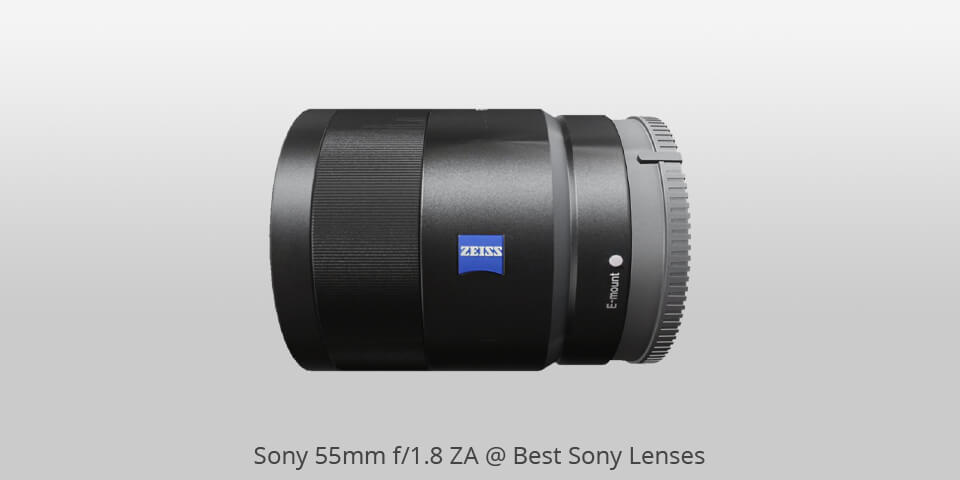
It is one of the best Sony lenses suitable for a camera with Sony E bayonet regardless of the sensor format. On crop cameras, it will serve as a perfect portrait maker, while for full-frame ones ‒ it is a universal “fix” suitable for various shooting conditions.
 Photo by Sony 55mm f/1.8 ZA
Photo by Sony 55mm f/1.8 ZA
Sony 55 focuses starting from 50cm which is enough for close-ups. In general, it is perfectly balanced. The focal ratio is not the best one but the image is sharp starting with an open aperture. Although glares appear in backlighting, the shots do not lose the contrast. Aberration with an open aperture is noticeable but with f/2.8, a picture is perfect. The aperture is rounded, with nine wings. The bokeh is smooth, beautiful, and not curved.
4. Sony 50mm f/1.8
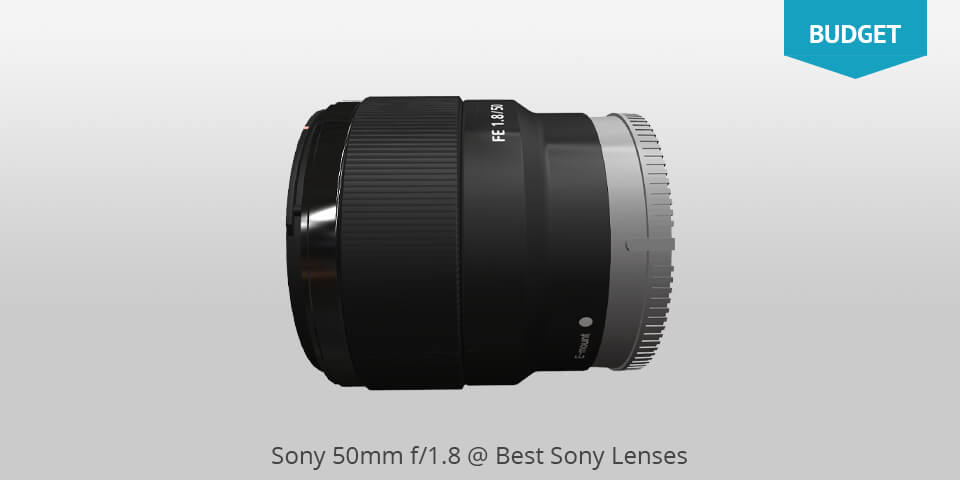
The optics look quite simple: modest and ascetic design, plastic body, and no autofocus selector. However, the lens impresses once you start working with it. I agree that, formally, it is the youngest model from this range. It does not, actually, mean that the image quality will disappoint you.
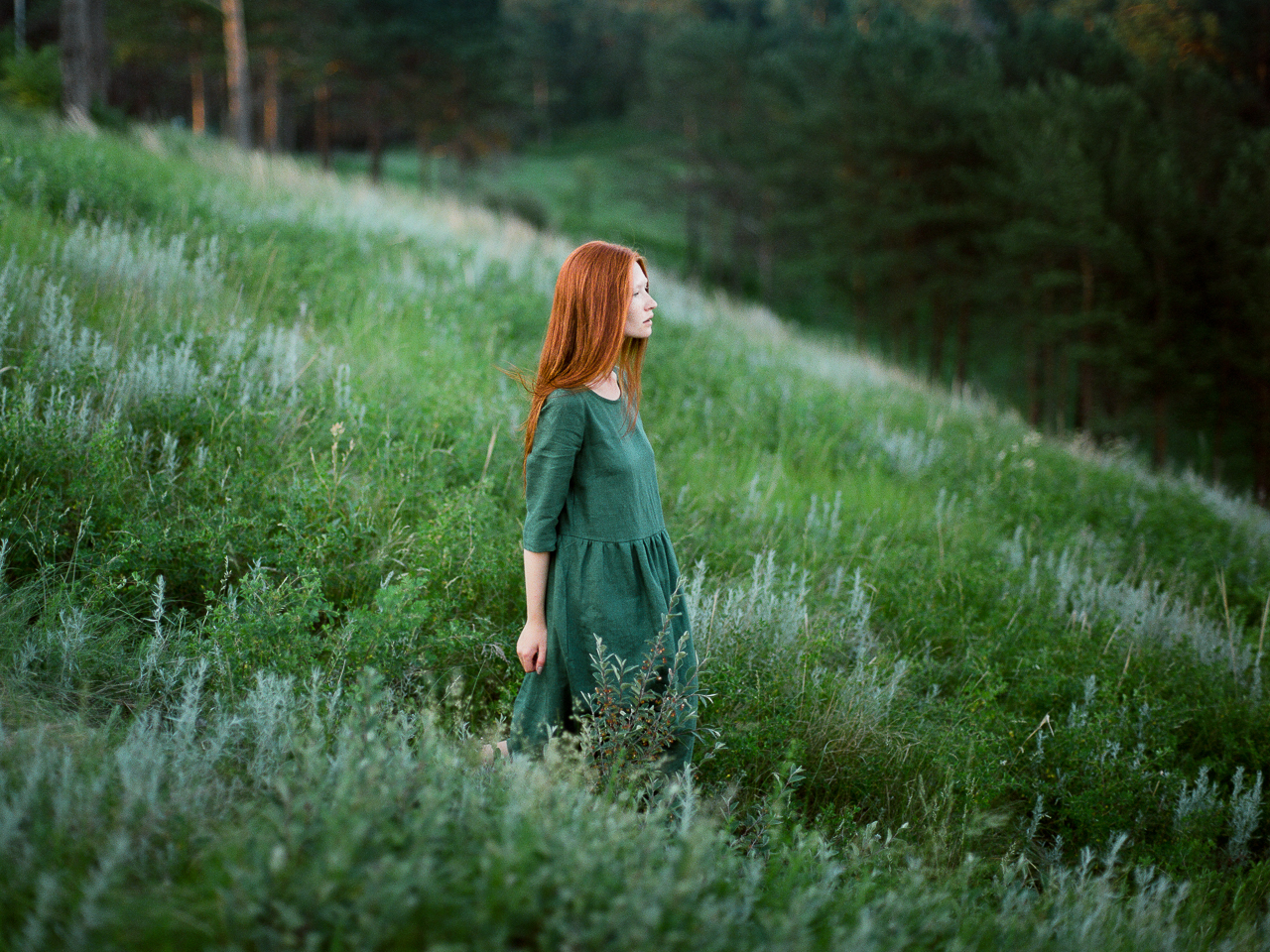 Photo by Sony 50mm f/1.8
Photo by Sony 50mm f/1.8
Judging from the photo, it is a classic representative of the modern optics: sharp, contrast, and almost free from aberrations. Sony FE 50mm F1.8 is more expensive than other similar models with an f/1.8 focal ratio, but the difference in sharpness with an open aperture is clearly noticeable.
- Check out the best lens for portraits.
5. Sony FE 35mm f/2.8 ZA
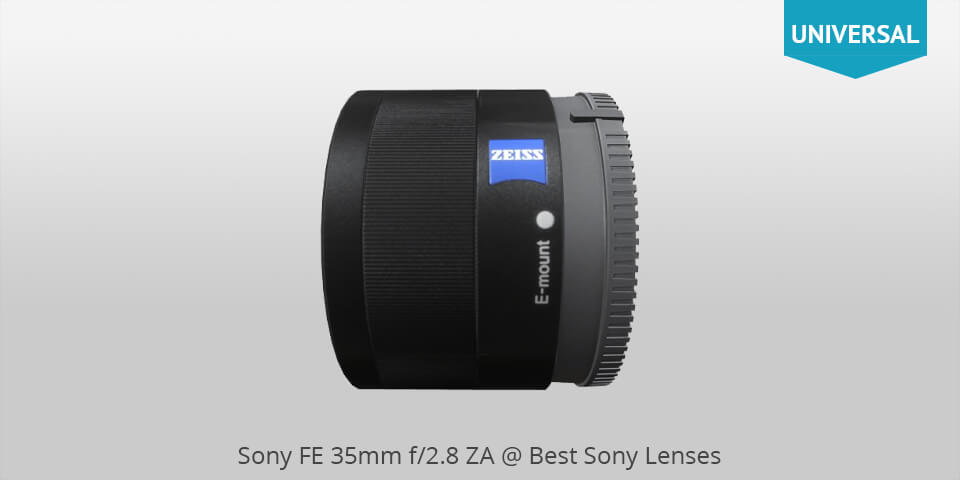
This device may be called the best Sony lens in terms of compactness and universality. For full-frame cameras ‒ it serves as moderate wide-angle optics having the normal field of view for APS-C gadgets. The feature that distinguishes it from other models is compactness: A7 camera with an attached Sony FE 35mm f/2.8 ZA can easily fit in the jacket pocket.
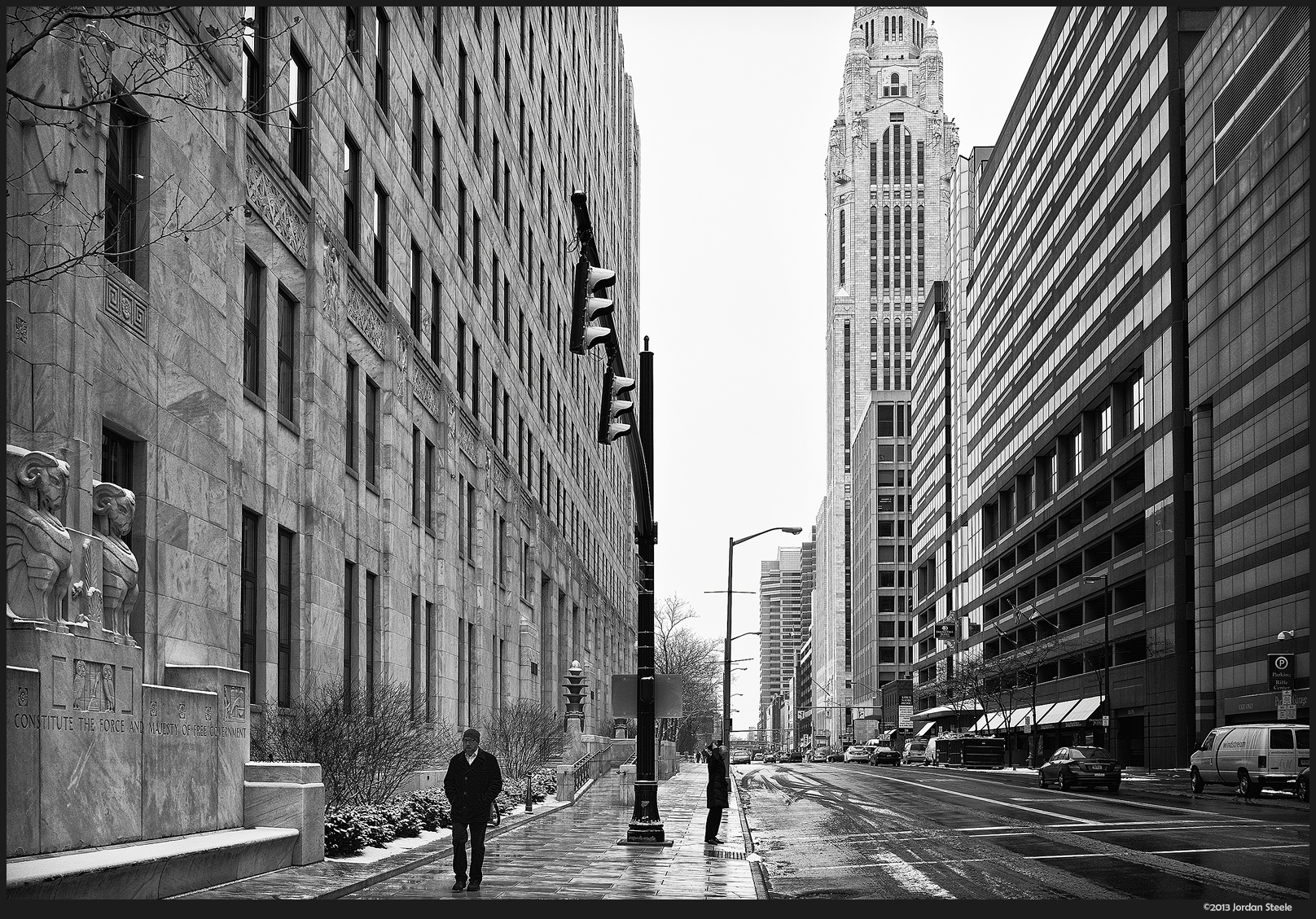 Photo by Sony FE 35mm f/2.8 ZA
Photo by Sony FE 35mm f/2.8 ZA
By the standards of continuous focus distance lenses, the focal ratio is not the best, equal to f/2.8, but it is enough to shoot in darkness and to blur the background. It is water and dustproof, and weights only 120g. It works with inexpensive light filters with a diameter of 49 mm.
6. Sony 24mm f/1.8 ZA E
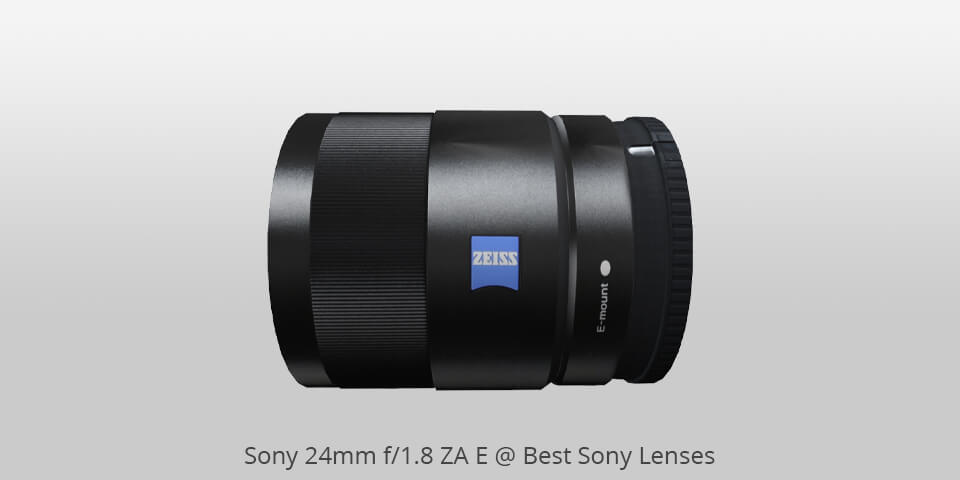
Sony 24mm stands out from the whole G Master range of optics: it is very sharp, contrast, has beautiful and correct bokeh. The lens is rather universal. Thanks to a fully open aperture, it is suitable for reportage shooting in poor lighting conditions, and for artistic shootings with blurred background ‒ bokeh is surprisingly smooth as for a wide-angle lens.
 Photo by Sony 24mm f/1.8 ZA E
Photo by Sony 24mm f/1.8 ZA E
If you search for the best picture quality for a landscape, just close the aperture a little to sharpen the edges and corners of the frame to the maximum. Working in backlighting is very convenient: glares and light spots do not appear, the level of chromatic aberration is rather low.
7. Sony FE 12-24mm f/4 G
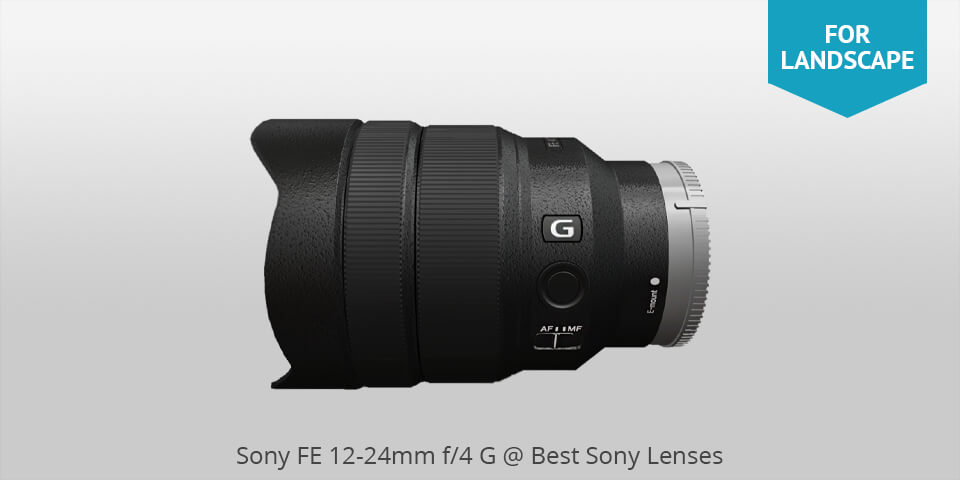
There aren’t many Sony full-frame lenses on the market that can provide a 122゚ viewing angle and good sharpness. Moreover, Sony FE 12-24mm has a relatively small level of geometrical distortions. The level of chromatic aberrations can also be described as insignificant.
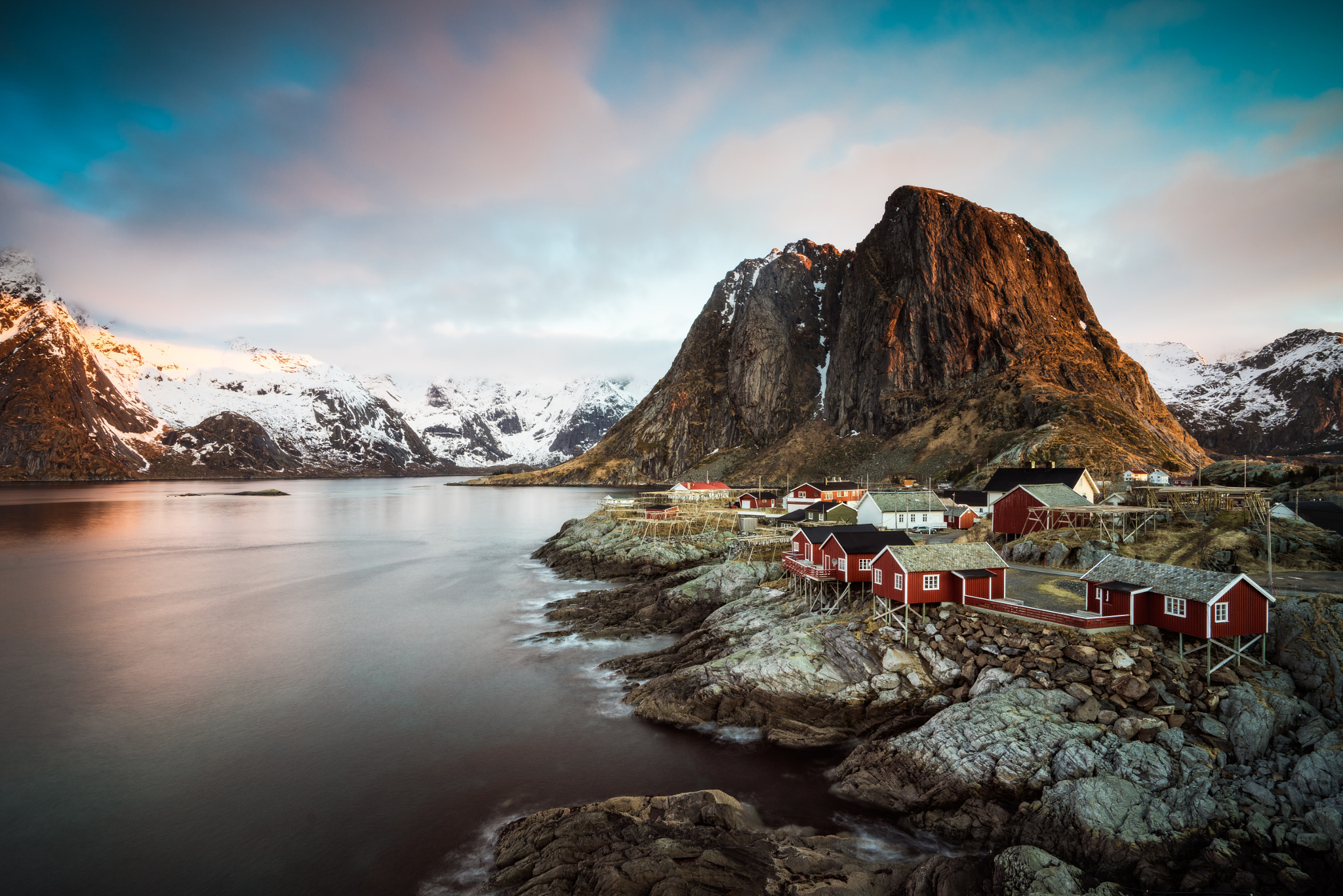 Photo by Sony FE 12-24mm f/4 G
Photo by Sony FE 12-24mm f/4 G
The advantages of this model also include fast and silent autofocus, a protected body, relatively small size and weight, and a customizable button on the body. However, there’s also a downside – the lens doesn’t allow you to attach filters to the frontal or back lens. The lens can catch strong glares in certain conditions and has noticeable vignetting on an open or slightly closed aperture.
- Check out the best lens for real estate photography.
8. Sony FE 16-35mm f/4 ZA OSS
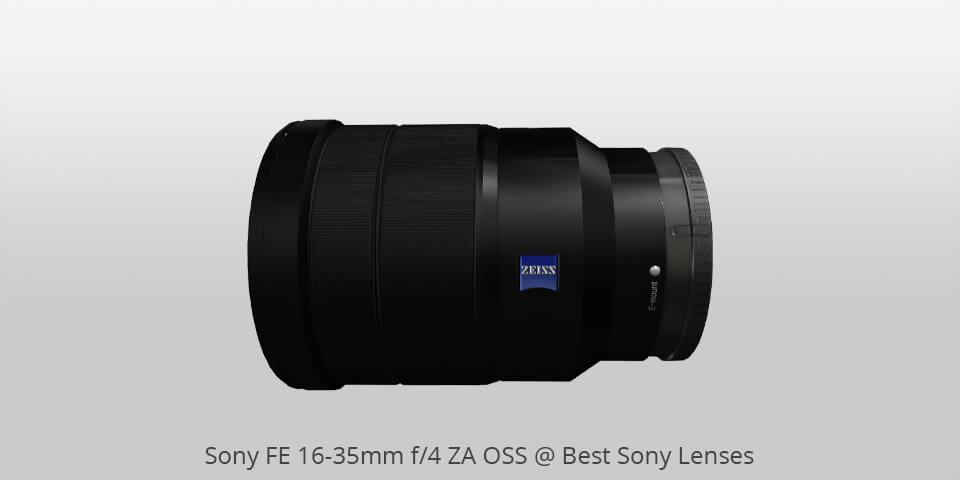
This model is capable of providing such image quality that competes the best Sony full frame lenses. The chromatic aberrations and geometrical distortions are low overall. They don’t significantly affect the picture quality and can easily be fixed in a photo editor. The lens handles backlight marvelously, without losing contrast. Among all the optical flaws, vignetting is the one that needs to be mentioned. It’s visible at f/4 and f/5.6, weakening only at f/8.
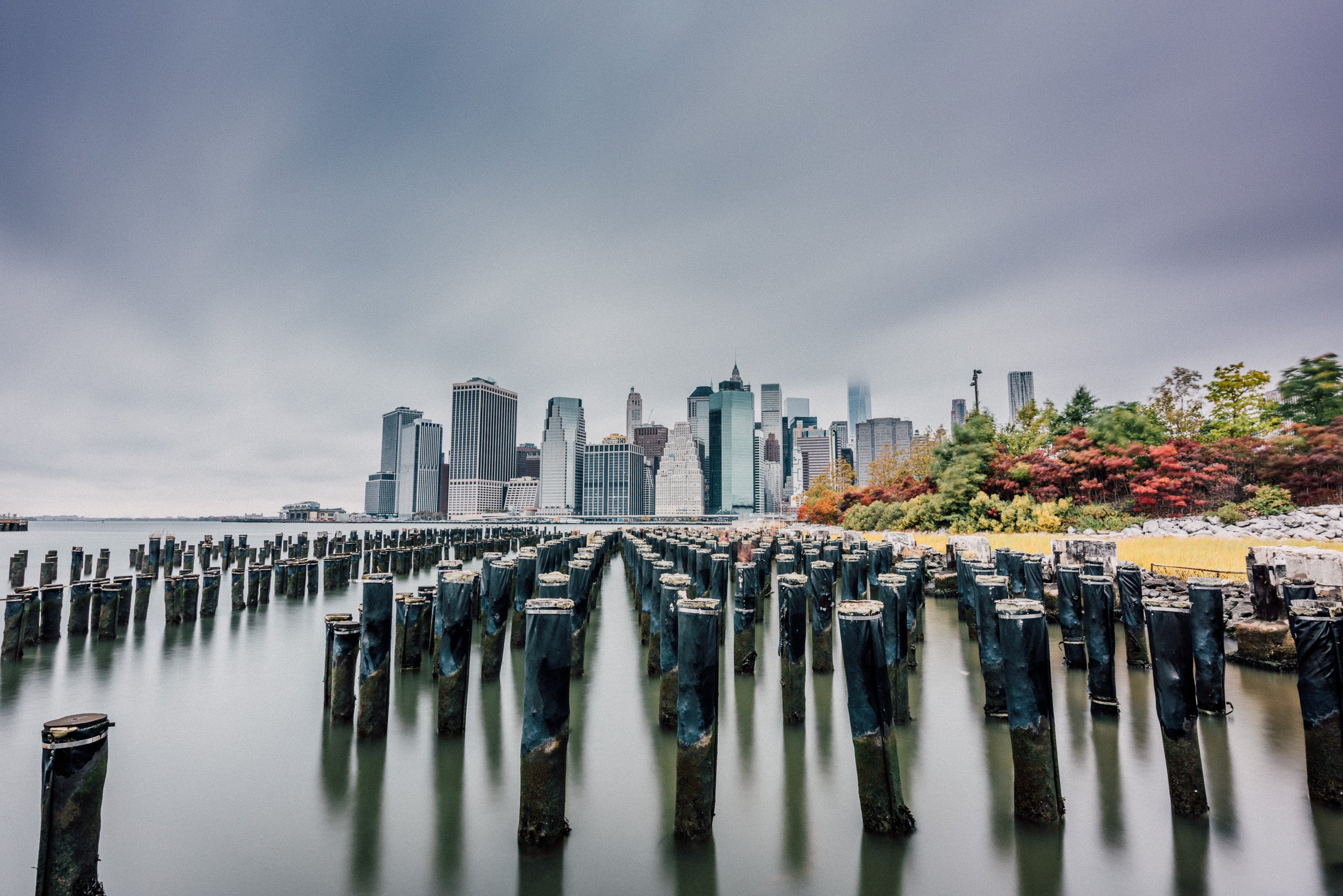 Photo by Sony FE 16-35mm f/4 ZA OSS
Photo by Sony FE 16-35mm f/4 ZA OSS
I consider this model to be the best Sony lens for landscape, architecture, interior and travel photography lovers. It can also come in handy for a wedding photographer, as it’ll allow you to take spectacular interior shots.
9. Sony FE 24-70mm f/2.8 GM
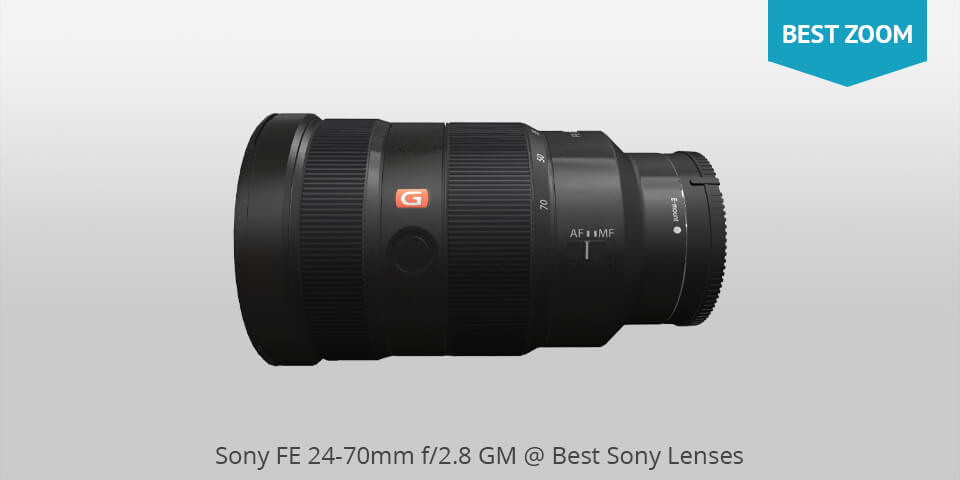
High-speed standard zoom lenses are very user-friendly and in high demand among professionals due to their high image quality and convenience that provides an optimal range of focal lengths, suitable for most scenarios. That’s why it doesn’t come as a surprise that such a zoom was one of the first to appear in the G Master series of the best Sony Alpha lenses.
 Photo by Sony FE 24-70mm f/2.8 GM
Photo by Sony FE 24-70mm f/2.8 GM
Add to that the fast and precise autofocus, which isn’t affected even by dim lighting, the ergonomic build, dust and moisture protection, and you’ll get the best Sony zoom lens. Sony 24-70mm is a very expensive and heavy zoom model, which is best used with last-gen Sony cameras (A7II, A7SII, and A7RII) that have built-in stabilization.
10. Sony Vario-Tessar T E 16-70mm f/4 ZA OSS
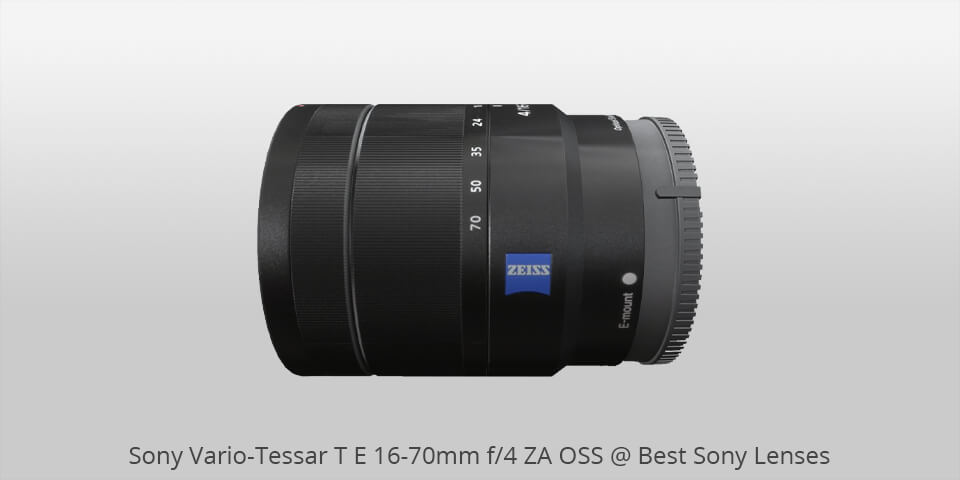
In practice, this is a universal lens that is by some considered to be the best lens for Sony A7III. The rather large focal lengths range allows taking portrait and landscape shots, and work in other genres as well. However, you should remember that the max aperture is f/4, so don’t expect a highly blurred background.
 Photo by Sony Vario-Tessar T E 16-70mm f/4 ZA OSS
Photo by Sony Vario-Tessar T E 16-70mm f/4 ZA OSS
Anyway, this model can boast a fast and nearly-silent AF system. This should come as great news for videographers who manually adjust the sharpness when recording.
11. Sony FE 24-240mm f/3.5-6.3 OSS
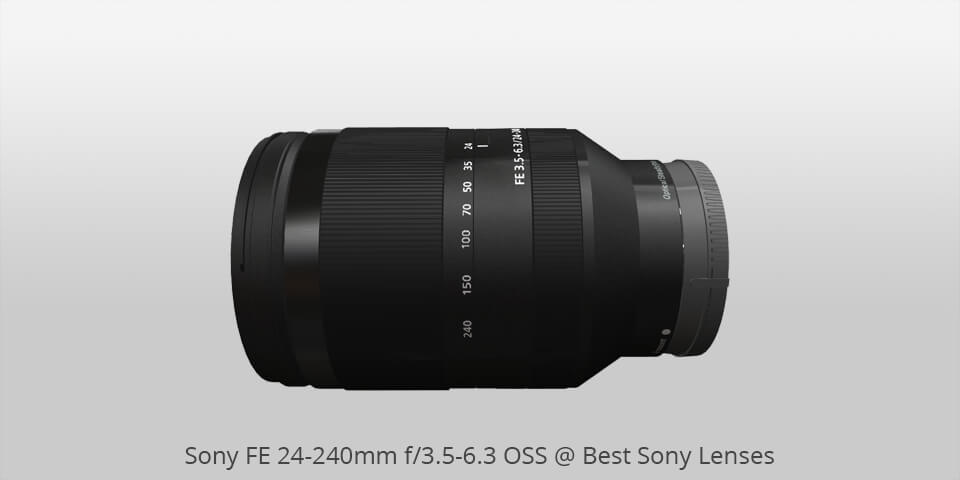
Universal lenses like this one are the best Sony lenses for those, who are planning to travel lightly and photograph all kinds of scenery. This model can also come in handy for reporters, demonstrating satisfying performance in all situations, when there’s not enough space for a second lens in your bag or you don’t have time to change the optics. The 10x zoom, dust and moisture resistance, and an optical image stabilizer – is a great, even unique, combination of features.
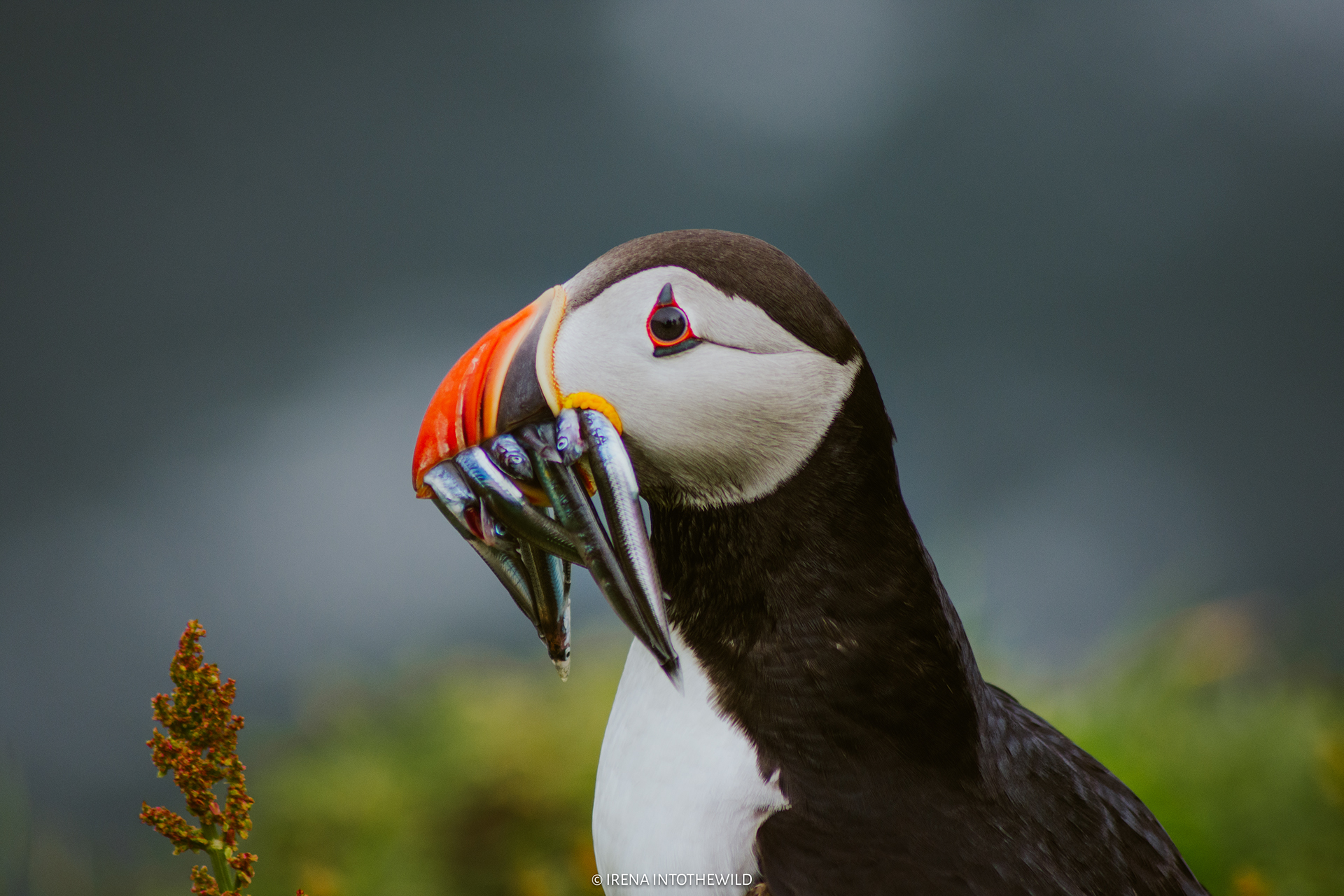 Photo by Sony FE 24-240mm f/3.5-6.3 OSS
Photo by Sony FE 24-240mm f/3.5-6.3 OSS
The 7-leaf rounded aperture contributes to the beautiful glare shape in blurred areas, which is a rarity in the super-zoom world. The autofocus driver is linear with inside focusing (the lens’ mount isn’t rotatable), the lens begins focusing from 0.5 m.
12. Sony FE 70-200mm f/4 G OSS
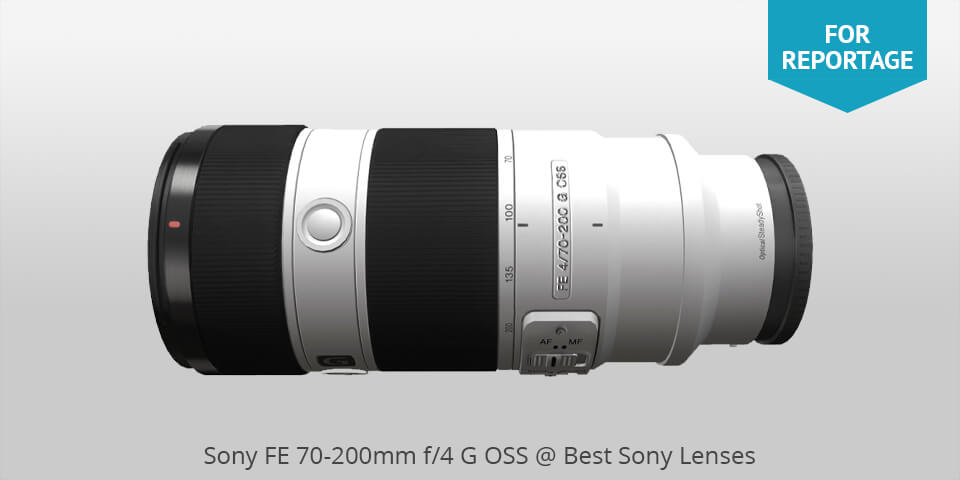
This telephoto lens is rightfully considered to be among the best Sony lenses for reporters, wedding photographers, and anyone who needs to take close-up images from a distance larger than a couple of meters. The look of the image in the sharp/blur area is important for a long-focus zoom, which is why the 70-200mm uses a rather complex optical scheme with three aspherical lenses and another three made of low-dispersion glass.
 Photo by Sony FE 70-200mm f/4 G OSS
Photo by Sony FE 70-200mm f/4 G OSS
The lens provides a rather soft and pleasant bokeh, while still being sharp at a wide aperture. This telephoto model has a white, dust- and moist-resistant body, equipped with broad graspable focus and zoom rings.
- Check out the best lens for concert photography.
Top 10 Best Sony Lenses
| Image | LENS | FEATURES | |
|---|---|---|---|
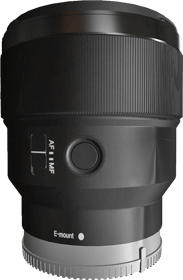 |
Sony FE 85mm f/1.8
FOR PORTRAIT |
Check PRICE → | |
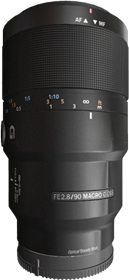 |
Sony FE 90mm f/2.8 Macro G OSS
|
Check PRICE → | |
.png) |
Sony 55mm f/1.8 ZA
|
Check PRICE → | |
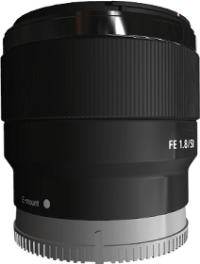 |
Sony 50mm f/1.8
BUDGET |
Check PRICE → | |
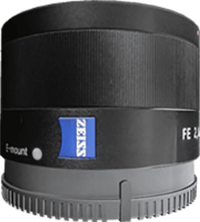 |
Sony FE 35mm f/2.8 ZA
UNIVERSAL |
Check PRICE → | |
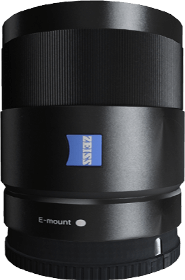 |
Sony 24mm f/1.8 ZA E
|
Check PRICE → | |
.png) |
Sony FE 12-24mm f/4 G
FOR LANDSCAPE |
Check PRICE → | |
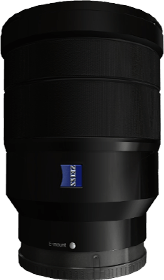 |
Sony FE 16-35mm f/4 ZA OSS
|
Check PRICE → | |
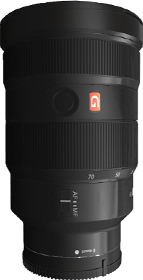 |
Sony FE 24-70mm f/2.8 GM
BEST ZOOM |
Check PRICE → | |
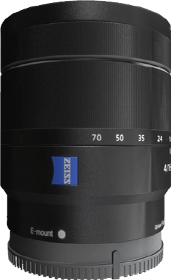 |
Sony Vario-Tessar T E 16-70mm f/4 ZA OSS
|
Check PRICE → | |
.png) |
Sony FE 24-240mm f/3.5-6.3 OSS
|
Check PRICE → | |
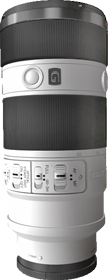 |
Sony FE 70-200mm f/4 G OSS
FOR REPORTAGE |
Check PRICE → |
